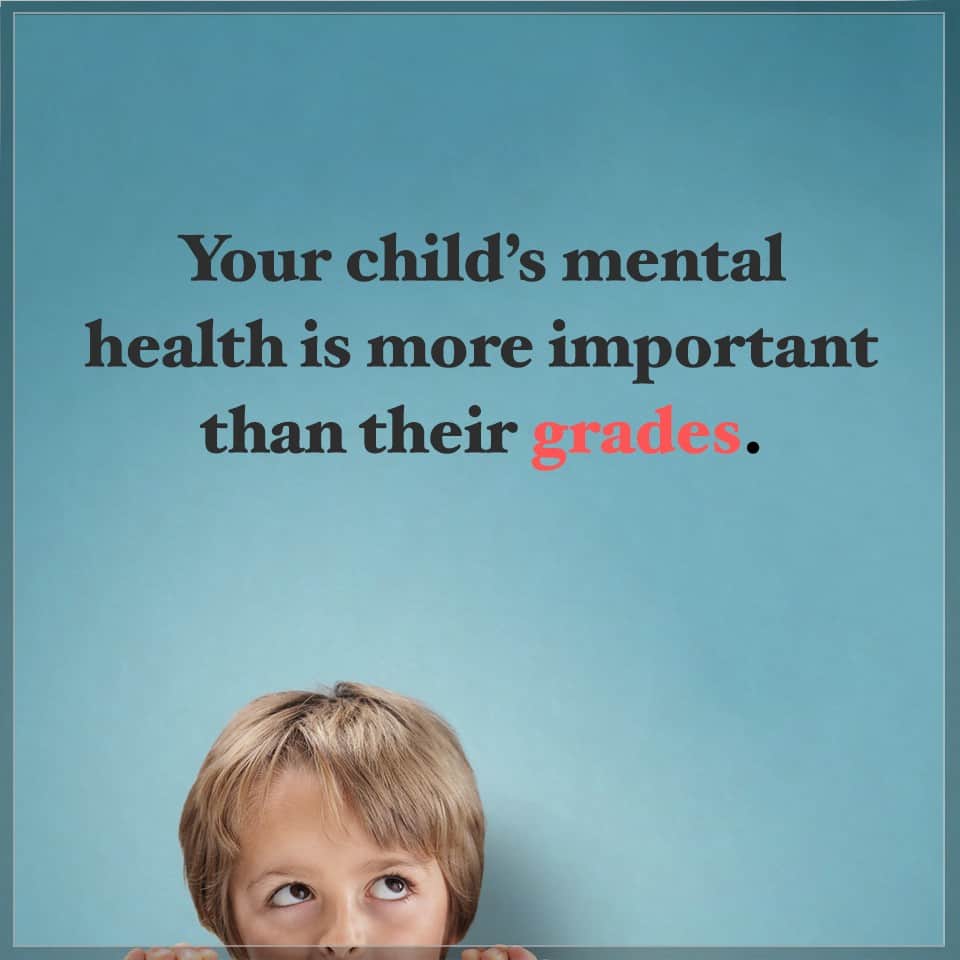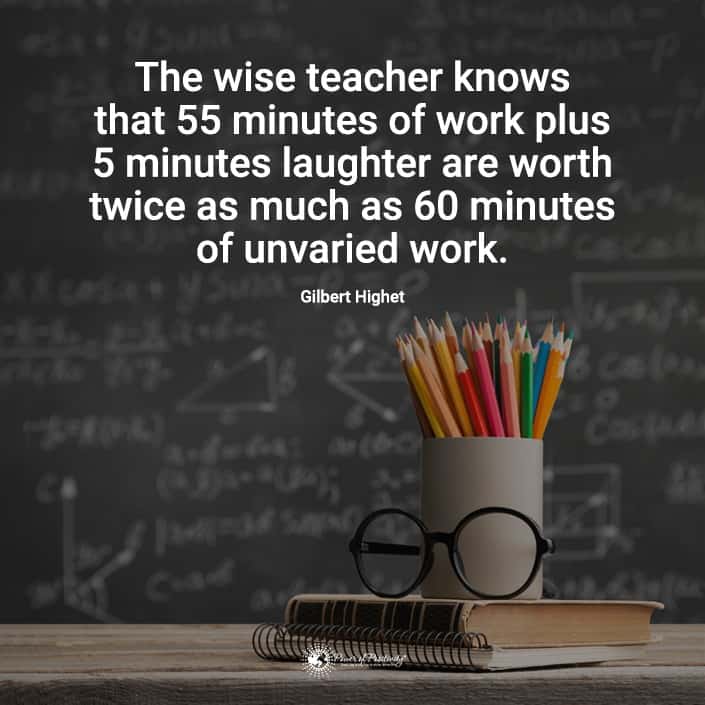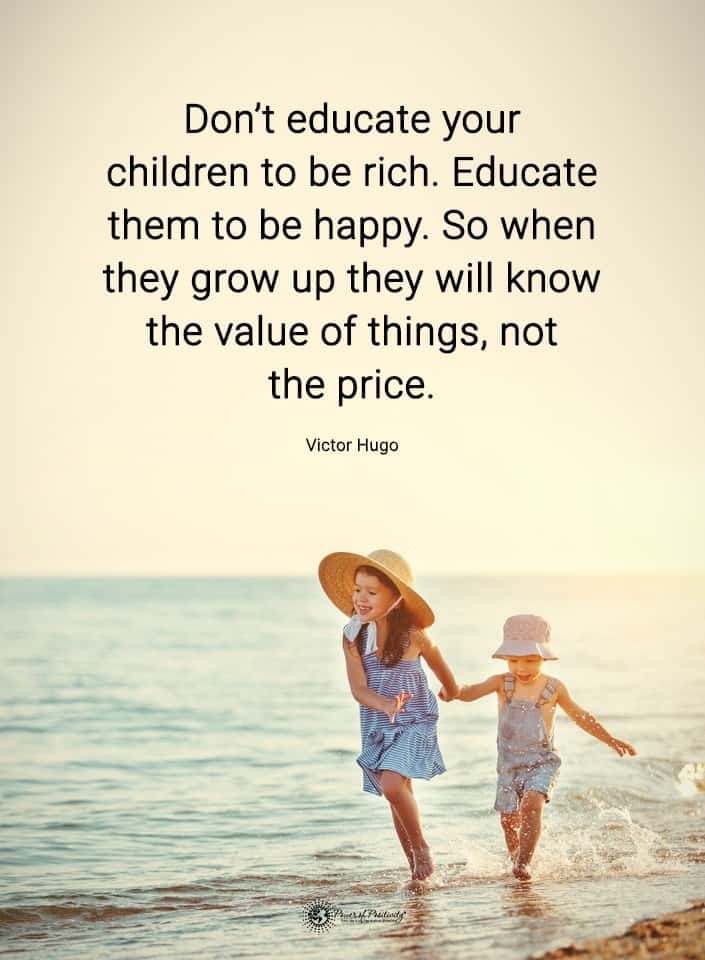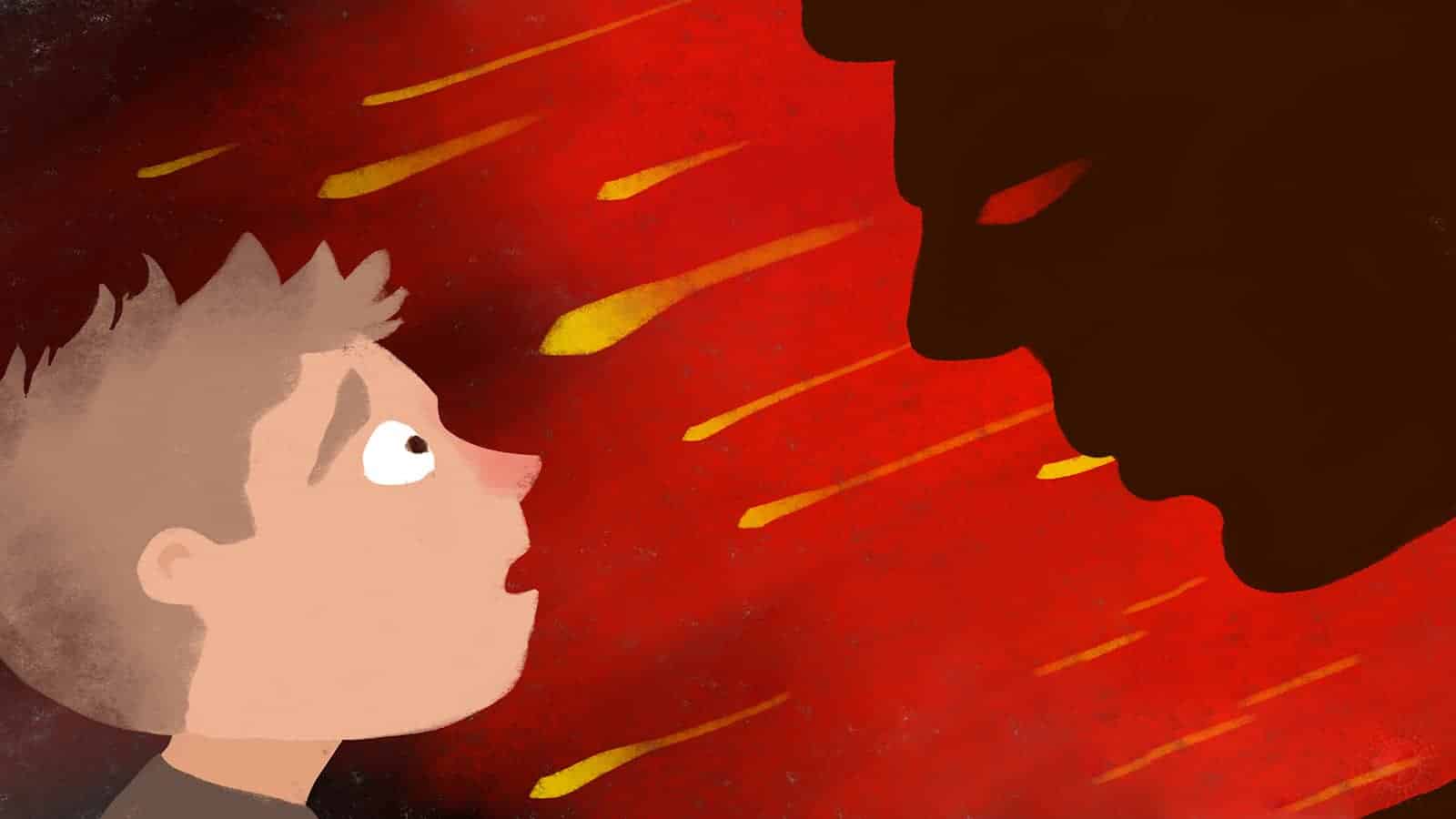Children tend to mimic the behavior of those around them or react negatively to it. With this being the case, you must consider if the people in your child’s life are a negative influence.
You don’t want your child to learn bad habits, and you don’t want their behavior negatively impacted. To prevent these things from occurring, you must know the actions that reveal someone is a negative influence.
With teenagers, it is easier to recognize bad influences than it is with smaller kids. You can recognize the signs much earlier than the teenage years, though. Negative behavior can show up in children of all ages, including toddlers.
Ten Behaviors That Reveal Someone is a Negative Influence on Your Child
It is important to pay attention to the behavior of those that spend time with your child. Remember that some adults can be a negative influence on your child, too.
 1. They Don’t Follow Your Rules for Your Home or Your Child
1. They Don’t Follow Your Rules for Your Home or Your Child
When someone in your home doesn’t follow your rules, it could cause your child to break the rules, too. This goes for adults and children, both. Your child is watching the behavior of everyone around them, and they will begin to pick up on their actions.
When your child has a friend over, make sure your house rules are clear. If the friend still doesn’t follow the rules, remind them that it isn’t an option. Don’t lighten up to make things less tense because it sets a bad example.
If an adult isn’t following the rules, privately tell them that they are setting a bad example. Most adults will take the hint, and those that don’t shouldn’t come over again.
It could even be a problem if the bad influence isn’t physically present in your home, too. Watch for those who reach out to your child when they know your child isn’t supposed to talk. When they are aware of the rule and keep trying anyway, it is a sign they don’t respect your rules.
2. They Want to Keep Secrets About Everything and is Always Sneaky
If your child has a friend who knows the rules, breaks them, and lies about it, you should pay close attention. While bending the rules and pushing limits is normal for adolescents, it can go too far. Habitual sneakiness is a toxic trait that you don’t want your child to develop.
Continue encouraging your child to talk to you about everything. Keep a line of communication open at all times, and assure your child that you won’t judge them for anything. Communication can help both of you if your child gets into a complicated situation with a negative influence.
3. They Take Unsafe and Unnecessary Risks
Unsafe risk-taking behavior is often copied, and kids are more likely to take risks together than alone. If someone in your child’s life takes unsafe risks, they are likely a bad influence on your child. These situations can quickly become serious, so it is important to recognize them and act on them right away.
In teenagers, a common unsafe risk they may take is speeding or texting while driving. With younger kids, an unsafe risk can be climbing on top of the highest play structure. Any unsafe risks can be appealing to your child, so this behavior is necessary to watch for.
4. They Talk Back to Adults
Talking back may seem like harmless behavior, but that is far from the truth. Backtalking is toxic, and it reveals that someone could be a negative influence on your child. If a child has a snide remark or questions everything you say, they likely are not a good influence.
Children who talk back to adults have a problem with authority and lack respect for adults. The worst part of this is that your child can pick up on this habit quickly.
5. Your Child’s Behavior Changes When They Have Spent Time Together
If your child’s behavior changes around this person, you should pay attention. You might notice this behavior while your child is in the presence of that person or anytime afterward. If your child has an unusual attitude, behaves disrespectfully, or seems unusually withdrawn, it is a sign of a problem.
Another sign that your child’s behavior is changing is if they no longer want to do things they enjoyed before. This is a sign that they are mimicking the friend who is a bad influence. It often means that they are being drawn to the things that the other person likes.
 6. They are Controlling
6. They are Controlling
One way to recognize a controlling person in your child’s life is to consider any changes in your child’s life. If they have stopped spending time with other people they care about, it is a sign of being controlled. For teenagers, this could be a sign that someone is trying to isolate them.
In younger children, you could watch for signs of a controlling person in other ways. If someone tries to prevent your child from doing something they want (and are allowed) to do, it is a red flag. Another sign is that the person tells your child they can’t be friends with someone else.
7. They are mean.
You may notice that someone bullies, teases, belittles, and puts other people down. They might also talk behind other people’s backs. These types of behaviors are indicators that someone might be a negative influence on your child.
You want your child to be kind and compassionate as they go through life. If they see someone in their life treating other people in unkind ways, they may pick up on those habits.
To reinforce the right way to treat others, ask your child to think about how they feel. By putting themselves in the victim’s position, they can recognize the bad behavior of their friend.
8. Your Child Seems Afraid of Them or Intimidated
Your friend might allow a person in their life because they are afraid not to. If they can’t stand up to someone, they might think their only option is to get on that person’s good side. Feeling intimidated could cause your child to go along with things they otherwise wouldn’t, which makes the situation even worse.
Your child may even begin exhibiting the same behavior they were intimidated by in the other person. Children don’t want to be bullied or harassed and will often do anything to avoid it.
9. Your Child Seems Obsessed with Pleasing That Person
When your child overly focuses on pleasing someone else, it is a red flag. This behavior could mean that your child is being used, and they will do anything to be included. When someone like this is in your child’s life, you will want to intervene.
The balance should be equal in your child’s relationships, whether with an adult or another child. They should never feel the need to do things they don’t want to make someone else happy. Make sure your child knows that they deserve more than that in their relationships.
10. They are Manipulative
You might not have realized that children can be manipulative, but it happens often. Your child can be manipulated by the adults in their life and by their friends. Some of the signs of manipulation include:
- being dishonest all of the time
- having a victim mentality
- making threats
- using the weaknesses of others to get what they want
- putting two people against one another
- using others for personal gain
- giving ultimatums
If someone in your child’s life behaves this way, they are a negative influence. Not only will your child begin to behave this way, but they will be personally affected.
Being manipulated can cause your child to question their reality. It can make them feel like they are at fault, even when they did nothing wrong. Plus, it can make them lose their sense of self-worth and value.
What to Do if Your Child Has a Negative Influence on Their Life
You must intervene if someone in your child’s life is a bad influence. Keep in mind that it might not be easy because your child cares about or loves the person. Find a way to help your child understand why that person isn’t a good influence.
Describe the problem you have with that person, and then explain that the behavior is unacceptable. This way, the next time your child sees the negative behavior, your thoughts will come to mind. You can also encourage your child to make new friends who are good influences.
While it isn’t always a good idea to completely cut that person out of your child’s life, set boundaries, when this is the case, make sure you are always present when your child is with that person. Since you can’t be at school with your child, consider speaking with the teacher to monitor the behavior.
 Final Thoughts on the Behaviors Reveal How Someone is a Negative Influence on Your Child
Final Thoughts on the Behaviors Reveal How Someone is a Negative Influence on Your Child
While you can’t always control the people in your child’s life, you can still help the situation. When you think someone is a negative influence on your child, watch for the behaviors mentioned above.
The instant you recognize the behavior in action, speak up. You must set boundaries so that it is clear to your child that the behavior is unacceptable.
It isn’t always possible to cut a negative influence out of your child’s life, but you can talk to your child. Explain to them why the behavior is unacceptable and that they aren’t allowed to behave that way. If all else fails, though, it may be necessary to cut off contact.


















